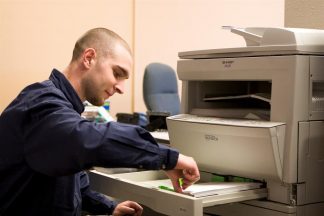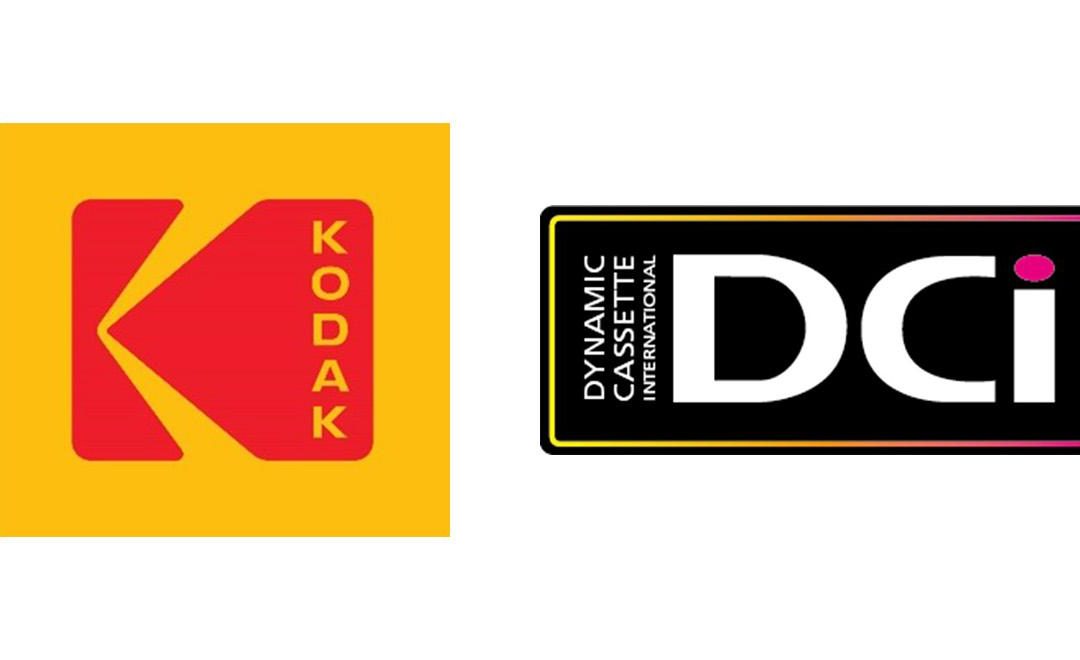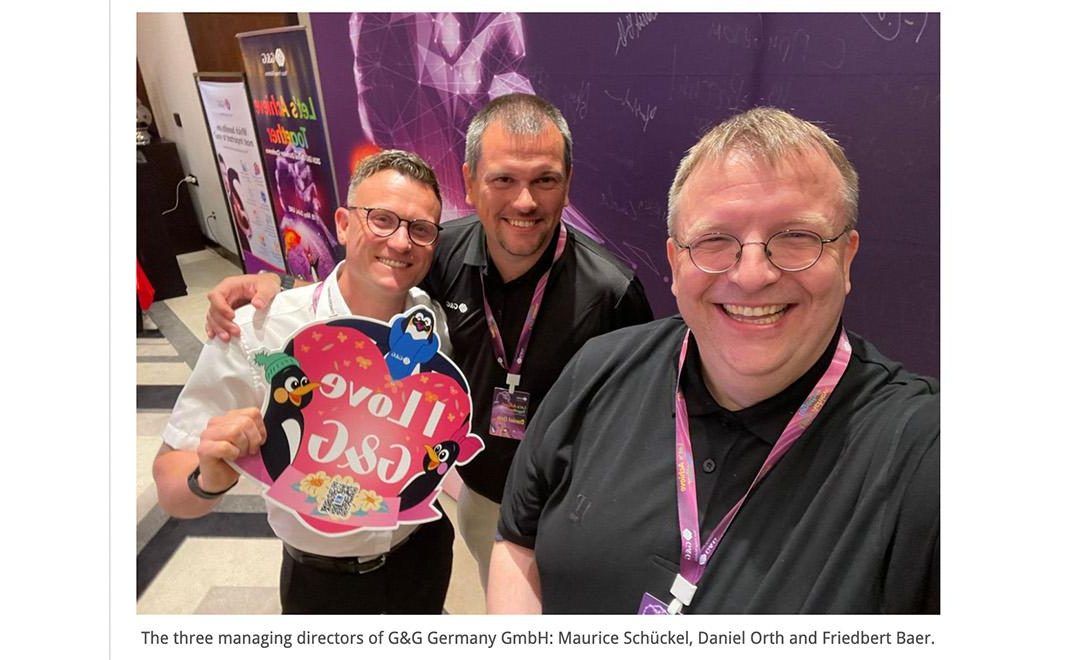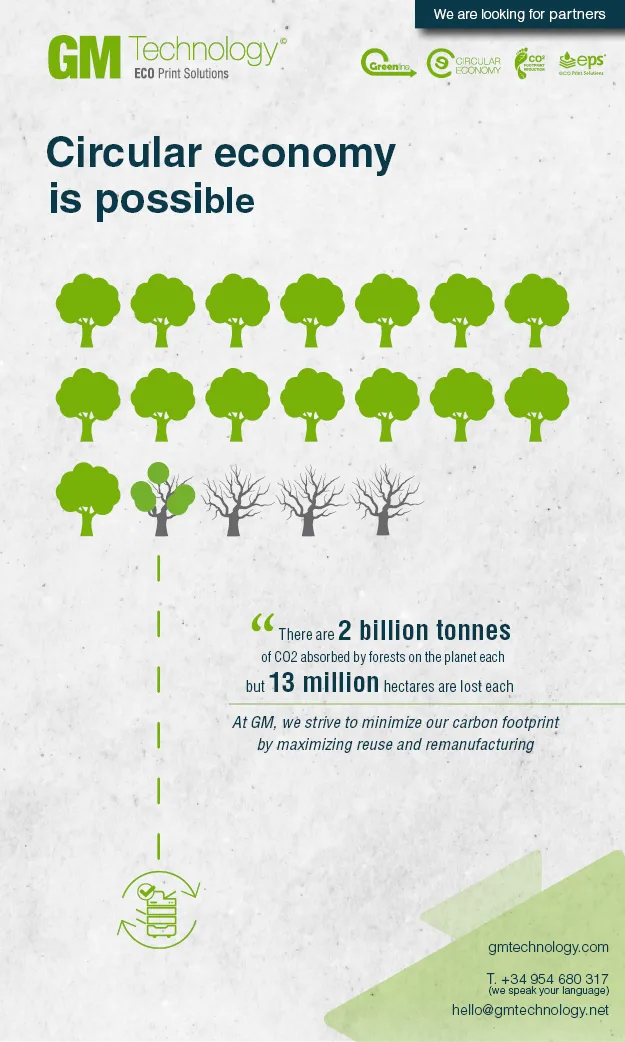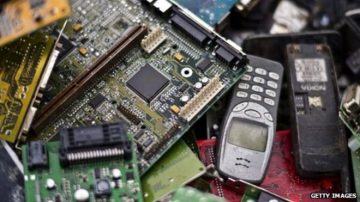
(Credit: www.bbc.com)
In recent months, the Right to Repair has been featuring in news headlines and seems to be gaining ground, as 18 US States institute the act and the EU has revealed plans to implement such legislation in 2020.
As the Saudi Gazette reports, “a growing global movement is urging electronics giants to make devices that last longer and are easier to fix” as a means of reducing the rising impact of discarded e-waste on the environment.
With consumer electronics rapidly burgeoning, more devices are being bought and discarded, “increasing the mining of raw materials and landfill waste.”
“It is a huge issue, considering how many resources go into the manufacturing of these machines. Every smartphone, every TV monitor, comes with an enormous ecological footprint,” explained Ruediger Kuehr, who serves as the Director of the E-waste Program at the United Nations University (UNU).
“There needs to be substantially more done to tackle the e-waste issue. We have to seriously consider pushing repair, refurbishment and reuse, but this is so far unfortunately not on the political agenda,” he added.
With the rise in the number of devices being manufactured and sold, there has also come an increase in difficulty of repair, as gadgets become ever more technical and complex. As a result, consumers often find it easier and cheaper to simply buy a new product and jettison the old one.
To combat this, 18 states in the USA have now instituted a ‘right to repair’ act which forces electronics manufacturers to “make information and spare parts freely available to device owners and third-party repair shops.”
The EU is also planning to introduce similar legislation in 2020, though this will only apply to “lighting, white goods and televisions.”
Meanwhile, throughout Europe, various repair cafes have been launched by charities and social enterprises which allow people to bring in their broken gadgets to be repaired for “free or affordable fixing to cut waste and boost recycling.”
The situation is different in Africa, however, as Roy Mwangi Ombatti, founder of Kenyan social enterprise AB3D, has been explaining. According to Ombatti, there is “a growing market for repair and resale.”
“Those of us who are confident enough to take the machines apart and reuse are seeing opportunities and trying to capitalise and make money from them,” he said. “It has stemmed out of a culture we have of repurposing and reusing waste.”
Ombatti went on to state that manufacturers “should take greater responsibility for global e-waste.”
“What we are doing now is an opportunity that has stemmed out of a problem, but we shouldn’t have to be dealing with a situation like this,” he commented. “If they care about the environment, they need people addressing the last mile.”


